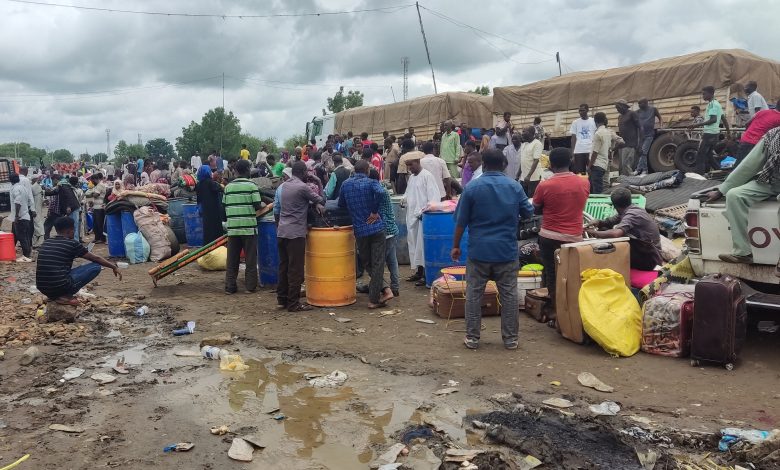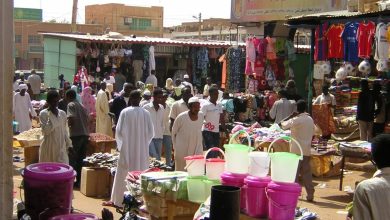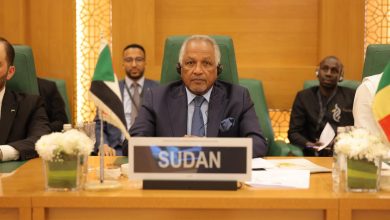NewsReportsSociety & CultureSport
Sudanese Refugees in Ethiopia’s Forests: A Continuing Crisis

Sudan Events – Agencies
The ongoing war in Sudan between the army and the Rapid Support Forces has forced hundreds of thousands to flee to neighboring countries in search of safety, which they can no longer find in their homeland. However, those who sought refuge in Ethiopia found themselves escaping one conflict only to be caught in another.
An Ongoing Ordeal
The British newspaper The Guardian published a field report on the plight of Sudanese refugees in Ethiopia’s Amhara region. Journalist Faisal Ali interviewed three refugees who spent the entire summer in a forest and spoke about their prolonged suffering 19 months after fleeing their homeland due to the war.
Two of them, identified as Abdullah and Mahmoud, remain in the Ulala Forest in a temporary camp run by the United Nations near the Sudanese border. The third refugee, Karam, has traveled to the Ethiopian capital, Addis Ababa. For security reasons, The Guardian has changed their names to protect their identities.
From One War to Another
One of the three refugees, a 27-year-old English teacher from Khartoum referred to as Abdullah, fled the war in Sudan only to face another crisis in Ethiopia. He was forced to flee again after the camp he had settled in was attacked by bandits and groups fighting the Ethiopian army.
Abdullah was among thousands of Sudanese refugees who fled UN-run camps in the Amhara region this year and set up temporary shelters in the Ulala Forest, a few kilometers east of their original refuge. Isolated from authorities and livelihood opportunities, their conditions worsened.
Abdullah recounted an evening in the pitch-black forest when the sound of gunfire pierced the silence. “I could hear women and children screaming,” he said. “Every night, we clung to hope for survival.”
After the war broke out in April 2023, Abdullah left Khartoum for Ethiopia, heading to Gallabat, a town on Sudan’s side of the porous border. There, he said, he was unjustly detained and beaten by prison guards. Upon his release, he crossed into Metemma, a town in Ethiopia’s Amhara region.
Attacks on the Camps
Three months after his arrival in Ethiopia, fighting erupted between Amhara militias and the Ethiopian federal army over disputes related to the peace agreement that ended the war in the Tigray region. In August, a state of emergency was declared in Amhara, and internet services were cut as violence escalated.
Abdullah recalled repeated attacks on their camps by armed groups. Tents were torn down, children were terrorized, and refugees were beaten while their phones, money, and other belongings were looted.
Mahmoud, a construction worker from Darfur who had lived in Khartoum before the war, also fled to Ethiopia. Initially hopeful that someone would intervene after weeks of attacks on the camp, Mahmoud eventually lost faith.
“Every day, I feared for my life. Some of those with us in the camp were killed. Our belongings were looted, and we had nothing left. Each night brought new terror,” he said.
Abdullah, speaking over the phone with a tone of resignation, added, “I thought I’d be safe in Ethiopia. Now, I have nowhere to turn.”
A Continuing Tragedy
The three refugees confirmed that the United Nations deployed local Ethiopian forces to protect the camps, but these forces failed to do so. When Abdullah asked a commander why they didn’t stop the attackers, the officer reportedly said he feared retaliation against his own family.



